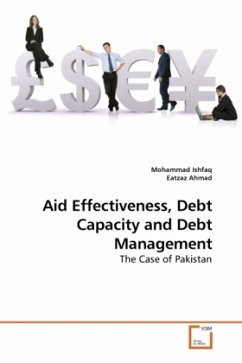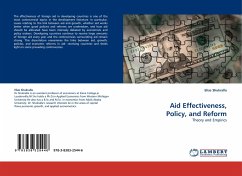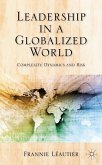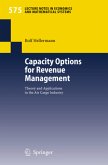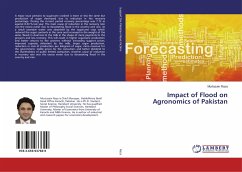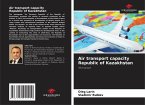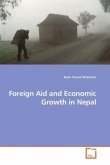The study analyzes effectiveness of foreign aid in Pakistan in terms of its ability in promoting GDP growth. The analysis is based on a theoretical model of public sector behaviour.The results show that foreign aid has not contributed favourably to GDP growth rate in Pakistan. The ineffectiveness can be attributed to indirect diversion of aid funds to non- productive activities and inefficiency in resource allocation,especially in the public sector. Howvere the study argues that foreign aid has been instrumental in supporting the growth rate in consumption that otherwise would not have been possible. Furthermore foreign aid and external borrowing made it easier to avoid hard policy choices such as heavy taxation of income and consumption.The analyses reveal that Pakistan s long- run debt-servicing capacity is extremely low, primarily due to low savings and productivity. External borrowing must be undertaken within the framework of economic plans rather than making the planning exercise contingent on the availability of external resources.

